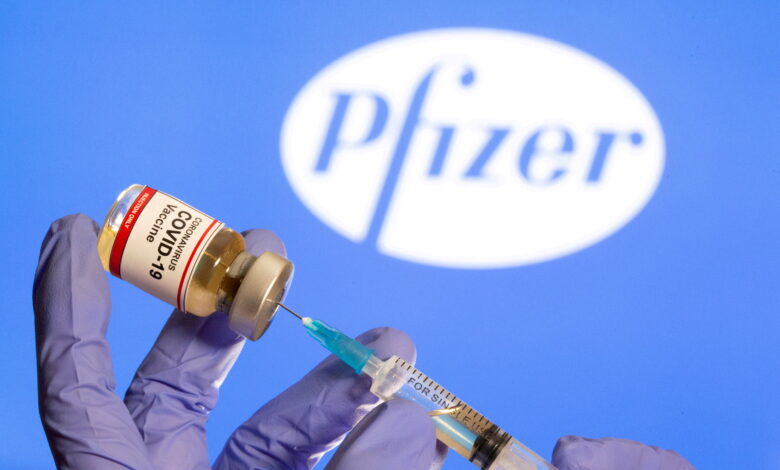
The respiratory syncytial virus has raised a state of concern during the past few days in Egypt with its large spread amongst children.
In the meantime the global drug manufacturer Pfizer has announced a new vaccine that protects infants and the elderly from the risk of respiratory syncytial virus infection.
Respiratory syncytial virus vaccine:
With the spread of respiratory syncytial virus (RSV) infections in the US, Pfizer announced the production of a vaccine to fight against the virus that spreads amongst mostly children.
The new vaccine is the first of its kind to protect against respiratory disease and its affects on the lung.
This is especially a concern for groups most at risk of infection.
The new vaccine contributes to reducing the risk of severe infection with the RSV, which reaches hospitalization, especially among infants up to six months of age.
Pfizer has conducted clinical trials of the vaccine and it has proven to be 82 percent effective in protecting infants from severe infections caused by RSV in the first 90 days of life.
It also protects infants at six months of age from disease up to 69 percent.
The Pfizer vaccine is expected to be released, after obtaining the approval of the US Food and Drug Administration by the end of 2022.
If approved, Pfizer’s RSV vaccine will be the first maternal vaccine available to help prevent this common and potentially life-threatening respiratory disease in young infants.
Out of 100 cases infected with the respiratory syncytial virus in Egypt, 98 are without symptoms or have simple symptoms, Hossam Abdel Ghaffar, a spokesperson for the Ministry of Health and Population, said, pointing out that these cases do not need treatment and his condition improves naturally.
The remaining 2 percent are those that need medicines and medical intervention, because the matter may develop into Pneumonia, he said.
Abdel Ghaffar added in a telephone interview on the “Al-Hayat Al-Youm” program, which is shown on “Al-Hayat” channel, Wednesday, that this year has witnessed an increase in the rate of respiratory syncytial virus infection, adding that the virus mainly affects children, but it may also infect adults.
The symptoms of the virus are high temperature, adding that if it does not decrease for three days, a patient must go to the doctor, and if there is difficulty breathing or cyanosis in the mucous membranes, a patient must go to the doctor immediately, he added.
On how to avoid infection with the virus, Abdel Ghaffar said: “We must raise immunity by eating healthy, drinking fluids, ventilation, and committing to continuous disinfection of hands and surfaces.”




